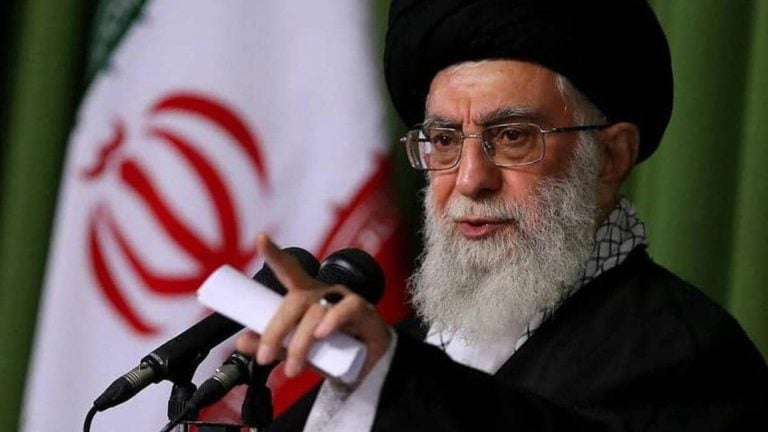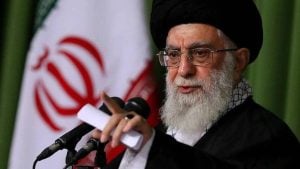Defense Secretary Pete Hegseth has announced new measures that significantly limit the participation of transgender individuals in the US military. In a memo dated February 7, which surfaced recently as part of a court filing regarding a legal challenge to an executive order signed by former President Donald Trump, Hegseth outlined a complete halt on enlistments for individuals with a history of gender dysphoria.
The memo states, “Effective immediately, all new accessions for individuals with a history of gender dysphoria are paused.” It also halts any medical procedures linked to gender transition for service members, stating that “all unscheduled, scheduled, or planned medical procedures associated with affirming or facilitating a gender transition for service members are paused.” The memo lacks clarity on the status of transgender personnel already serving in the military, but it references Trump’s executive order, which asserts that “Expressing a false ‘gender identity’ divergent from an individual’s sex cannot satisfy the rigorous standards necessary for military service.”
The military’s policy on transgender personnel has fluctuated dramatically over the years. In 2016, during former President Barack Obama’s administration, a ban on transgender troops was lifted, allowing those already serving to be open about their gender identity and welcoming transgender recruits starting in July 2017. However, the Trump administration delayed the acceptance of new transgender recruits and ultimately reversed the policy entirely. The controversial restrictions on transgender military service were implemented in April 2019, following extensive legal battles that reached the Supreme Court.
Since taking office in 2021, President Joe Biden has aimed to reverse these restrictions. He emphasized that all Americans who are qualified should have the opportunity to serve, a sentiment echoed by his defense secretary, Lloyd Austin, who expressed concerns about Trump’s earlier plans. During a farewell address, Austin remarked, “Any military that turns away qualified patriots who are eager to serve is just making itself smaller and weaker.”
The debate around transgender rights has become increasingly polarizing in American politics. With counterparts in both Democratic and Republican states implementing contrasting policies on various issues—ranging from medical treatments for transgender individuals to educational materials addressing gender identity—this latest memo from the Defense Secretary underscores the ongoing national conversation surrounding LGBTQ+ rights and military inclusion. As this legal battle unfolds, the implications for transgender service members and potential recruits remain uncertain, raising questions about the future of gender identity and military service in the United States.

















